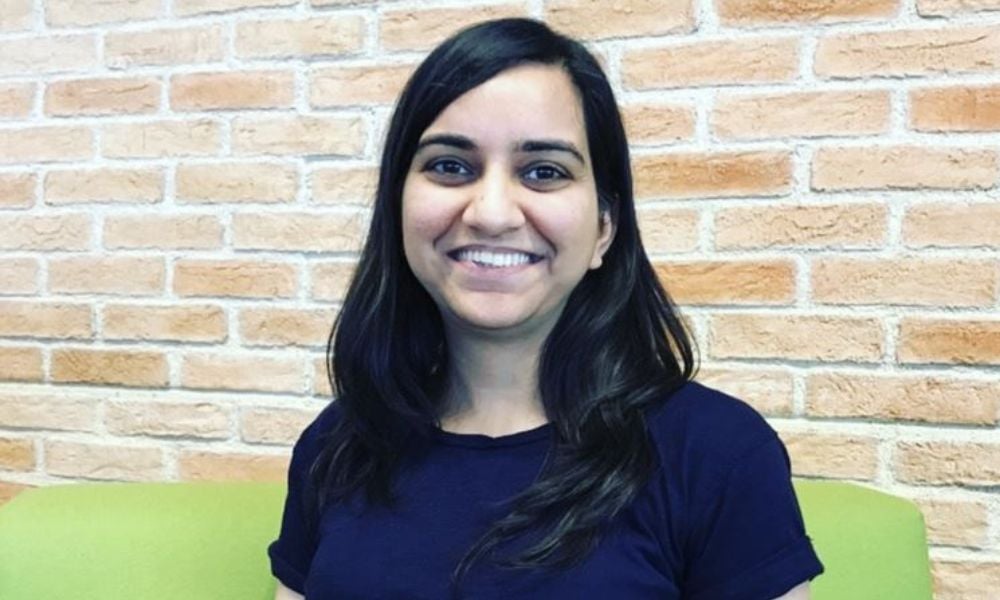Findings indicated need for further education to close trust gap, said Thomson Reuters report

Canadian lawyers are more aware of and optimistic about generative AI and its potential to transform the legal profession than their counterparts in the US and UK, according to new research from Thomson Reuters.
The report explores the attitude toward generative AI, such as ChatGPT, at law firms in Canada, the US, and the UK, measuring awareness and adoption and inquiring about risks. While 82 percent said ChatGPT and other generative AI could be applied to legal work, 51 percent said it should be. These tools are in the early infancy of adoption, as only three percent said their firm was currently using generative AI. Thirty-four percent said their firm was considering it.
“Some firms are very starting to use large language models and generative AI in their everyday work, but it's still early days,” says Kriti Sharma, chief product officer for legal tech at Thomson Reuters.
The mindset among lawyers toward AI differs from how the industry has historically approached technology, says Sharma. There has always been a gap between the purchase and use of technology, with a lot of “tech waste.”
“This time around, we’re seeing this unprecedented amount of curiosity and interest from lawyers, associates, knowledge teams, legal operations – all really keen to adopt this technology,” she says.
“What some of these new interfaces have done is they've captured the imagination. AI is not new. It's been around for a long time... The pace at which it's moving is unprecedented. The curiosity and excitement are unprecedented.”
Canadian respondents reported the most awareness of the three countries surveyed, with 97 percent saying they were familiar with generative AI and ChatGPT. That number was 86 percent for UK respondents.
The Canadians also had a more positive view of the technology’s application. Sixty-two percent said that they believed it should be applied to legal work. That is 10 percent higher than the average across all respondents.
“But it's really interesting to see the amount of positivity in the Canadian market about being more AI-first and digital-first,” says Sharma. “A lot of it is this great innovation coming out of Canada. There's been some fascinating AI companies in that space and a lot of research that originated there.”
Thomson Reuters surveyed 443 people from mid-sized and large law firms between March 21 and 31 of this year. Eighty-nine percent of the respondents were lawyers, and the remaining 11 percent were paralegals, law librarians, executives, and IT managers.
Thomson Reuters also asked those who completed the survey their opinions about whether generative AI is suitable for legal work and the potential risks.
The interviews revealed an apprehension about using generative AI tools, particularly ChatGPT, with confidential information. The respondents said they do not yet fully trust generative AI, and all noted the importance of implementing guardrails. The trust gap indicates the importance of education in the legal profession, so practitioners can “harness the opportunities” available through AI, said Thomson Reuters.
“It's also a really big opportunity for us as a community of people who work in the legal world to think about how the entire legal system is going to improve off the back of that,” says Sharma.
“So far, we're thinking about efficiency and improving the conditions of people who work in this industry and getting them to answers faster. But there's a huge, huge, huge need to create a net positive impact on society by making legal and justice systems available and accessible to more people at a much better affordability point.”










